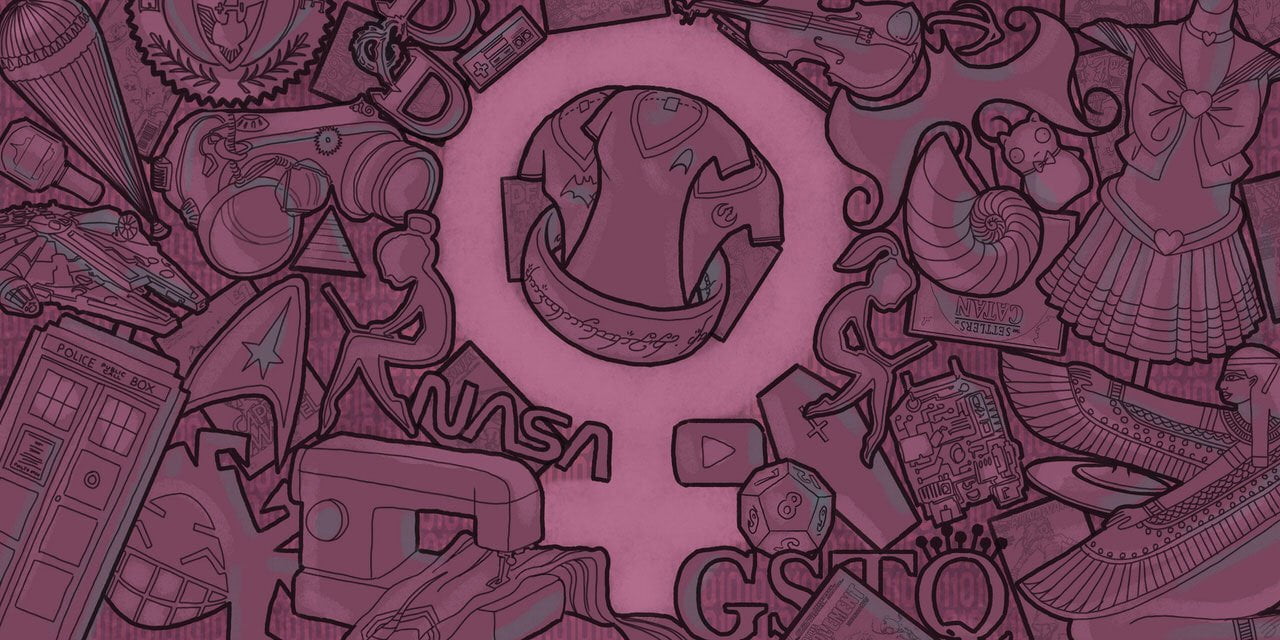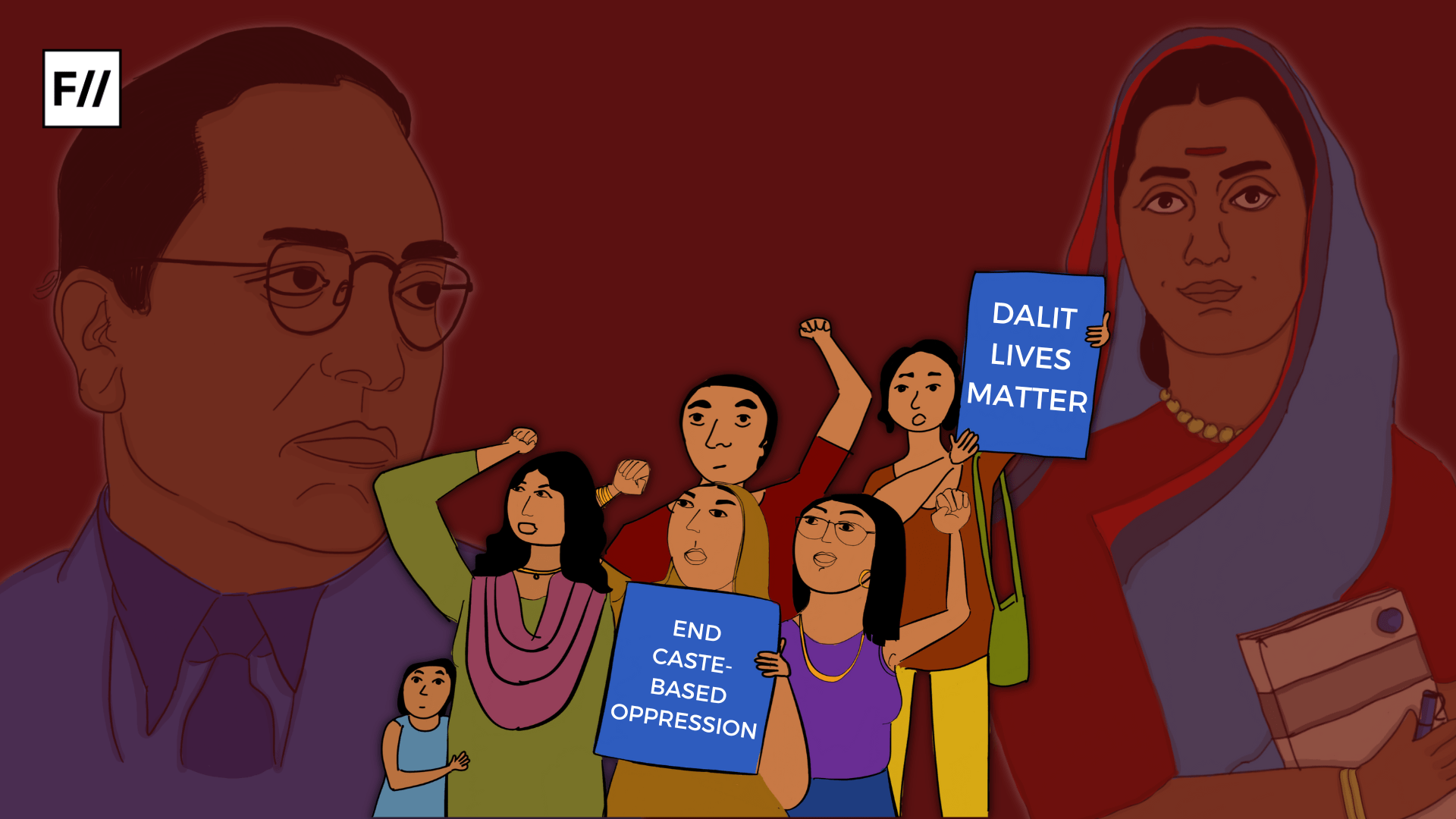Growing up, there weren’t many narratives of women speeding through the many facets of life without dodging or kicking away the carefully placed obstacles in their way that I was introduced to. Wait, I was only acquainted with meeker, submissive versions of women in both fiction and real life!
In my little world (and of course the bigger one) where men were thriving in professions I hadn’t even heard before, women occupied positions of being a tameable housewife, an entity to be rescued preferably by an alpha male, or just struggling with making life parallel to men. “When men were seen as authoritative and knowing-it-all (maybe more), where did the women find themselves?”, I wondered.
First of all, don’t tell me women weren’t or aren’t doing great for themselves, that we “feminazis” won’t be content even if the world was collected for us to rule, or questioning how much we really need to be recognised as equal to men. No. I don’t want an equality that makes me forever want to catch up with men and when I finally do I realise they have moved miles, miles ahead. I want to be able to exercise my free will without nosy but always well-meaning humans editing my decisions because I do not know better. I do not know better. I am too familiar with this narrative, I think. Let me explain.
I was part of the quizzing society of my college for a year. An hesitantly given audition translating to my entry into the “nerd family” was an opportunity I couldn’t undermine at any step of its unfolding. The very prospect of meeting and working with women who were so determined to colour the bland perception of quizzing as boring excited me.
Linking men with rationality and women with (uncontrolled) emotions & creating public v/s private divides to confine women is an age old narrative.
Oh, did I mention I was in an all girls college? Because that is crucial to the story of not knowing better, or never enough if much. Organising annual quizzes was one part of the deal and sending out word of your sweat and intellect in form of invitations to other quizzers was another. This was when the overt and sometimes neatly sugar-coated sexism played itself.
As a student, I had the perception of knowledge as a neutral, accessible to those who can afford it and most importantly did not discriminate on the basis of gender. A year in quizzing shattered the ceramic of delusion I surrounded myself with.
How do you react when a “renowned” quizzer comes to your college with hopes of conducting one of your annual quizzes casually say, “Girls college mein crowd lana muskhkil nahi hota (it isn’t difficult to gather a crowd of quizzers in an all girls college)”? And later jokingly mentions how it’s always his pleasure to step on your college grounds because there’s eye-candy everywhere.
How sexist, much claps.
I remember my senior, the convenor of our society telling me of the sexism in the quizzing circle, even citing a similar example as above to support her experiences. I also, guiltily, remember how I was not fully convinced.
In the final round of one of the quizzes I was conducting for the society, there were three teams: two all boys and one all girls, who, because of not answering correctly were making us extend the round to restless extents. At one point of time, having tolerated sexist jokes and comments, all nicely put mind you, a boy proposed that we shall give them the prize to divide amongst themselves since they weren’t seeing any light with doing what they actually came for. What made me drop the conduction and hand it over to another was when he said that the prize will be divided amongst the boys’ team only when the girls team was equally responsive to the questions. I don’t know if he understood a word when one of those girls questioned his internalised, outright sexism.
The Assumption That quizzes in girls’ colleges are witness to the presence of only vaginas and no brains has been reiterated so many times.
There was another quiz where our team members made some calculation mistake in announcing the results for finals. Making mistakes is one aspect of making us human, and as much we regretted making that calculation error, we knew it was natural. On proclaiming who the finalist was, some of the boy team members who calculated their marks while one of us was unveiling the answers, asked us to re-check. We did, found a fault, and apologized.
What I didn’t anticipate was these people coming again to repeat the same thing in another quiz and joking about our math being incorrect most of the times. Having taken extra measures to keep our calculation intact after the first incident, we didn’t go for that “re-check” even after they whined like little kids in playgrounds who know ways of pestering their parents. We didn’t need it.
The assumption that quizzes in girls’ colleges are witness not to the quality of the quiz itself, but the presence of only vaginas and no brains has been reiterated so many times, that I feel sluggish and irritated even writing about it. Is it convenient to wipe out half of the population (even lesser who can access academic resources) from using their minds and pens to forward the institution that knowledge is, ahead?
Linking men with rationality and women with (uncontrolled) emotions, thereby creating public v/s private and similar divides to confine women is an age old narrative. Why don’t we want to come out of it? Asking why there aren’t more women quizzers is not the right question. Ask what is pushing them behind, what problems are they facing, how are you participating in it, how can you come out of your ignorance and help?
This little experience of mine might not really change some of the regressive practices that continue under the garb of progressive knowledge structures, but it did complicate my understanding of who gets to access knowledge and why and who is invisibilized even after admitting themselves to it. Various debates of the relationship between knowledge with the marginalised, the barage of problems that they face without even addressing them, and others may follow. I hope all these narratives are problematised and spaces made accessible to those whose entry has been prevented by privilege.
Also Read: The Classroom Is A Gender Mould In Itself
Featured Image Credit: The Kernel




